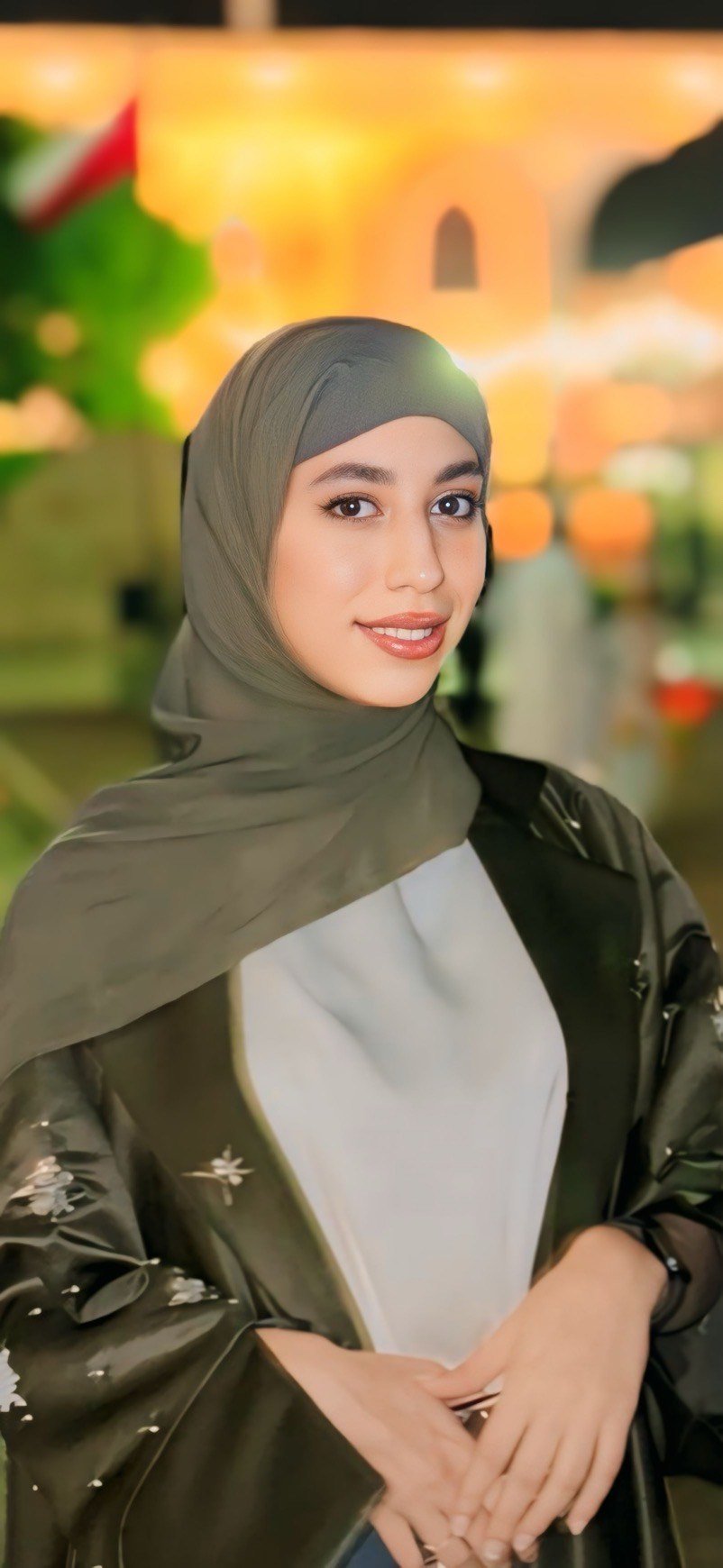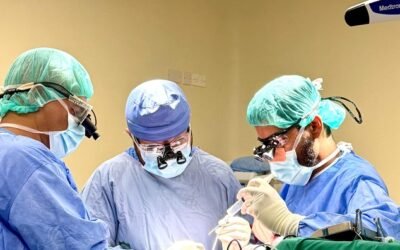On Anti-Drugs Day: A Conversation with Nurse Asma Mohammed Ahmed Al-Harthiya
Interview by Omanspire
On the occasion of Anti-Drugs Day, Omanspire sat down with Nurse Asma Mohammed Ahmed Al-Harthiya, a healthcare professional at Al Masarra Hospital, one of Oman’s premier mental health and addiction recovery institutions. With direct experience in patient care, she shares key insights on addiction, recovery, and how society can offer support.
1. What is your role as a nurse in treating addiction?
“Our main responsibility is to support patients during detox, helping them safely manage withdrawal symptoms using prescribed medications.
But our role goes far beyond physical treatment — we provide emotional support, talk with patients, listen to their stories, educate them, and help them feel seen and heard. That emotional connection is essential for healing.”
2. How do drugs affect a person’s mental and physical health?
Psychological effects:
- Anxiety, fear, and depression, sometimes leading to suicidal thoughts
- Sudden mood swings such as anger or sadness
- Psychological dependence
- Withdrawal from social connections
Physical effects:
- Seizures, vomiting, muscle pain, and chills
- Respiratory system: breathlessness, chronic lung conditions, risk of respiratory failure
- Cardiovascular system: unstable blood pressure, heart irregularities, stroke risk
- Digestive system: liver damage, appetite loss, nausea, weight loss
3. Is it easy to quit drugs? Why is medical support important?
“Recovery is possible — and some people do manage to quit on their own.
But for many, the process is difficult, and medical support greatly increases their chances of success.
Detoxification is just the first step; afterward, they often need psychological, social, and behavioral support through rehabilitation programs and, in some cases, halfway houses.”
4. What advice would you give to young people about drug use?
“Strengthen your relationship with God. Stay close to your family. Choose your friends wisely — avoid negative influences.
Be cautious of anything offered to you, even if it seems harmless. Many fall into addiction from a single careless moment or peer pressure.
If you’re struggling, talk to someone — a family member, a trusted adult, or a mental health professional.
Drugs and alcohol aren’t the solution — they’ll only create more problems.”
5. How can we help someone we know who is using drugs?
“Don’t shame or expose them. Approach with empathy. Try to understand the root causes and support them in finding the right help — whether it’s a doctor, a therapist, or a treatment program.
Your compassion might be the first step in their healing.”
Final Thoughts
Addiction is not a sign of weakness — it’s a medical condition that can be treated. While some people recover on their own, most require professional guidance, emotional care, and community support.
As Nurse Asma reminds us, nurses are more than caregivers — they are companions in the healing journey, offering both expertise and compassion.
On this Anti-Drugs Day, let’s choose compassion, awareness, and action. Recovery begins with understanding — and it begins with us.




